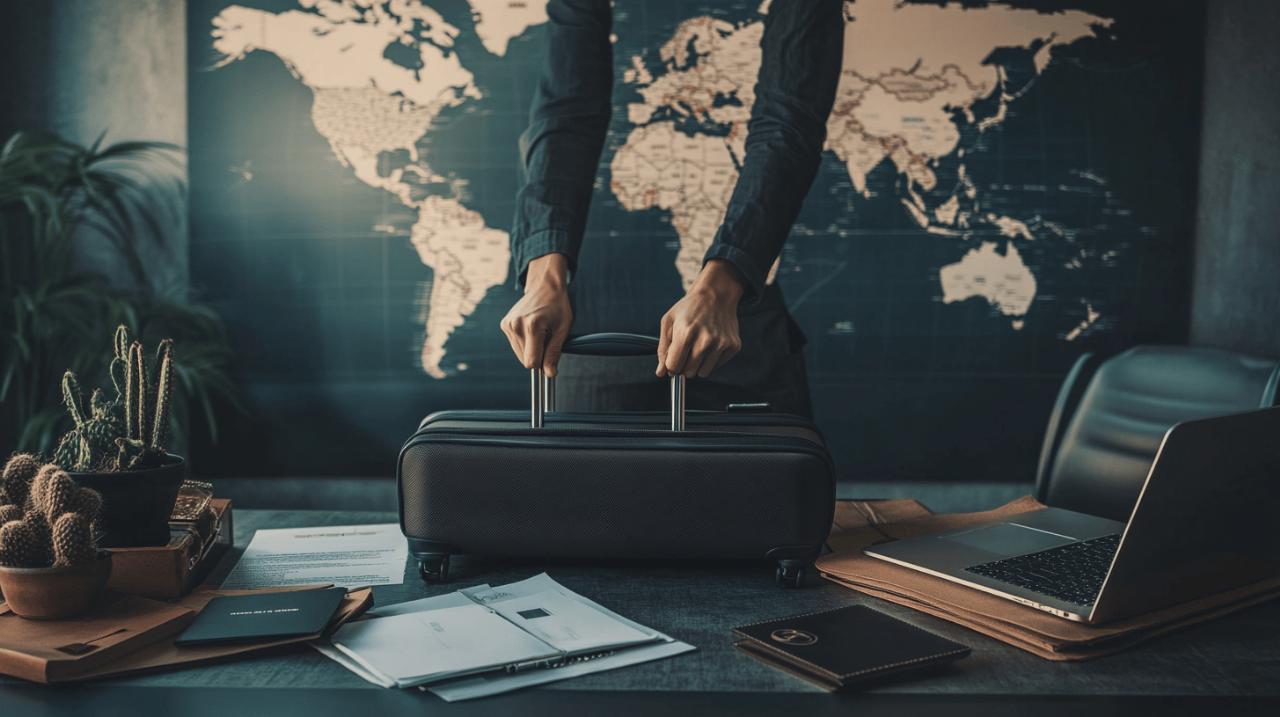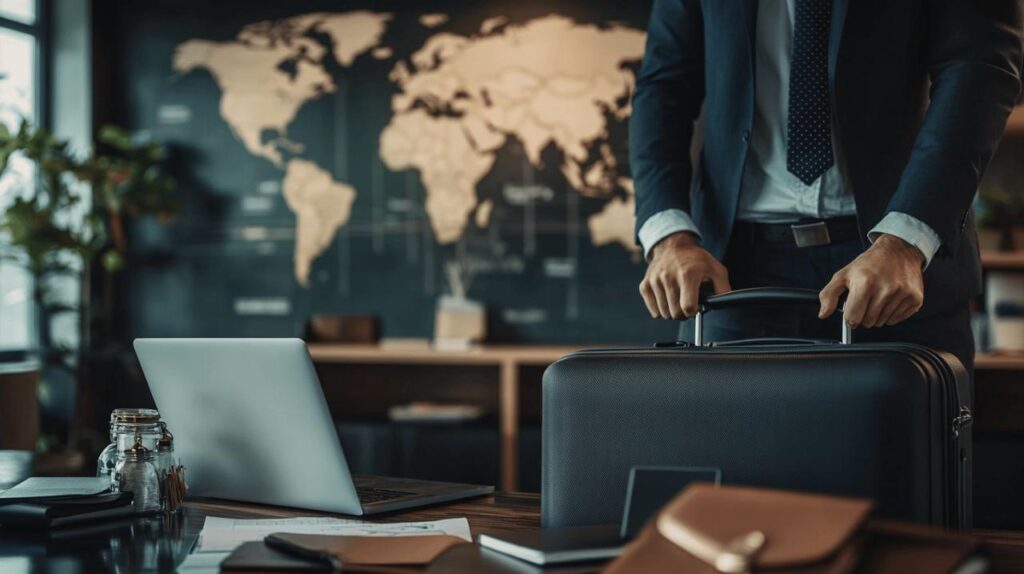Embarking on a journey requires careful planning to avoid common travel mishaps. Effective preparation sets the stage for a memorable trip by minimizing stress and maximizing enjoyment. When you take time to organize before departure, you create space for spontaneous adventures during your travels.
Creating a pre-travel checklist
A well-crafted travel checklist serves as your roadmap to a stress-free journey. Starting your preparations early allows you to address potential issues and gather everything you need. Many travelers find that breaking down preparations into manageable tasks makes the process less overwhelming.
Prioritizing document organization
Keeping your travel documents organized is fundamental to smooth travel. Ensure your passport validity exceeds your return date by at least six months, and make physical and digital copies of all important documents including your passport, driver’s license, insurance information, and visas. Store these copies separately from originals for quick access in emergencies. Travel insurance deserves special attention as it protects against unexpected events like cancellations, medical emergencies, and lost luggage. You can find comprehensive guidance for document organization and learn more on https://www.preparatuviaje.es/ about creating digital backups of essential paperwork.
Setting up travel alerts and notifications
Establishing alerts before your trip can save money and prevent disruptions. Set flight price alerts approximately three months before your intended travel dates, focusing on midweek departures (Tuesday/Wednesday) for better prices. Notify your bank and credit card companies about your travel plans to avoid frozen accounts due to suspicious activity flags. Mobile carriers should also be informed about international travel to prevent unexpected charges. Register for consular alerts from your home country to stay informed about safety situations, and create weather alerts for your destination to pack appropriately. Research health precautions and necessary vaccinations for your destination, consulting https://www.preparatuviaje.es/ for specific requirements based on your travel plans.
Understanding destination requirements
 Effective travel preparation starts with a thorough understanding of your destination’s specific requirements. This knowledge forms the foundation of a smooth journey, helping you avoid unexpected complications while maximizing your experience. Taking time to research destination-specific information allows you to align your expectations with reality and shows respect for local practices. When planning your trip, prioritize value over simply finding the lowest price – sometimes an entire Airbnb for $30 provides better value than a $12 hostel bed.
Effective travel preparation starts with a thorough understanding of your destination’s specific requirements. This knowledge forms the foundation of a smooth journey, helping you avoid unexpected complications while maximizing your experience. Taking time to research destination-specific information allows you to align your expectations with reality and shows respect for local practices. When planning your trip, prioritize value over simply finding the lowest price – sometimes an entire Airbnb for $30 provides better value than a $12 hostel bed.
Navigating travel advisories and restrictions
Before finalizing any travel plans, check current travel advisories and restrictions for your destination. Ensure your passport validity exceeds your return date by at least six months, as many countries enforce this requirement. Consider setting flight price alerts approximately three months before your intended travel dates, and look into midweek flights (Tuesday/Wednesday) for potentially better prices. When packing, follow the wise traveler’s rule: pack half the clothes you think you need and twice the money you anticipate spending. For safety, assume something might be stolen and purchase travel insurance that covers theft, medical emergencies, and trip cancellations. Keep your wallet in a front pocket, stay aware in crowded areas, minimize cash carrying, and know how to quickly cancel cards if needed.
Researching local customs and regulations
Learning about local customs and regulations helps you travel respectfully while avoiding cultural misunderstandings. This research should include appropriate dress codes, greeting customs, tipping practices, and basic etiquette. Pack and wear proper shoes beyond just flip-flops, as many destinations require substantial walking or have terrain that demands proper footwear. When exploring, seek out places where locals eat for better and often cheaper food experiences. Street food can be as safe or safer than restaurants since vendors typically prepare fresh food daily with ingredients visible to customers. Walking just 100 meters away from tourist areas can save you up to 50% on food and items, as prices drop dramatically outside tourist hotspots. Stay organized using compression packing cubes, especially when traveling backpack style, and maintain digital copies of important documents like your passport, license, insurance information, and visas for easy access during your journey.


